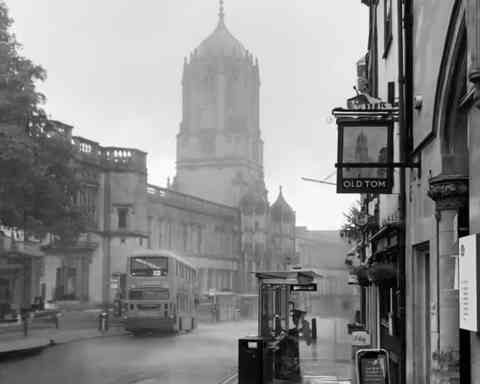Press Release – Anscombe Bioethics Centre Launches ‘Advance Decisions and Ethical Choices’ Project
Access Our Advanced Decisions Resources HereThe Anscombe Bioethics Centre is pleased to launch a new suite of resources on advance statements, lasting powers of attorney (LPAs), and advance decisions to refuse treatment. These new resources are designed to guide users through the ethical and legal dimensions of advance planning of medical treatment, and to make decisions in accordance with Catholic moral teaching about end-of-life care.
Advance statements, lasting powers of attorney (LPAs), and advance decisions to refuse treatment are governed by the Mental Capacity Act 2005 in England and Wales. While there is widespread interest in these tools for advance planning, they also represent a complex area of ethics and law which is not always well understood. To date there have been few practical resources designed from a Catholic point-of-view that engage with this subject.
This launch marks the conclusion of a two-year Project on ‘Advance Decisions and Ethical Choices’, which was initiated to fill that gap, which was made possible through generous funding from the Sisters of the Holy Cross Charitable Trust.
The Project’s resources will remain available on the Anscombe Centre’s website. Its dedicated webpage comes with a foreword endorsement from Bishop Paul Mason, the lead bishop for healthcare in England and Wales.
The key element is an ‘Ethical and Practical Toolkit’, a user-friendly document with short explanations of different aspects of the ethics and the law of advance decision-making, and with template forms for recording decisions.
Among the templates being offered is an ‘Advance Statement (General Instructions): In the light of the Catholic faith’, which offers a brief summary of Catholic values relating to withdrawing treatment that a patient can sign. This will help inform a patient’s healthcare team of their values at a glance, should they lose the ability to communicate their values and preferences.
The Toolkit is accompanied by a Q&A guide and series of explainer videos exploring different aspects of advance planning of medical treatment.
Speaking on the launch of the resources, the Anscombe Bioethics Centre’s Associate Research Fellow, Dr Michael Wee, who was also the project lead, said:
‘These resources are the fruit of deep collaborative work, with many experts and stakeholders having been consulted over the last two years. I wish to extend my thanks to all those who have contributed to the Project.’
The Centre’s Director, Professor David Albert Jones added:
‘The tools generated by this Project are thorough and comprehensive, and they are also accessible to a wide range of people who will need them. I am confident that they will be a lasting contribution to the Church and the wider community in this area of bioethics.’
END
Notes to Editors:
- Any part of the above can be quoted as coming from our Director, Professor David Albert Jones, or our Associate Research Fellow, Dr Michael Wee, as appropriate.
- For more information, please see the Centre’s Advance Decisions and Ethical Choices webpage.
- For more information on the Anscombe Bioethics Centre, see our website: www.bioethics.org.uk
- For interviews or comment, contact our Director at david.jones@stmarys.ac.uk.
Most recent
Statement on the Anscombe Bioethics Centre
31 July 2025
A statement from the Governing Body of the Anscombe Bioethics Centre and the Trustees of the Catholi...
Copyright Announcement
25 July 2025
Henceforth, all work which had Anscombe Centre or Linacre Centre copyright is now dedicated to the p...
The Closure of the Anscombe Bioethics Centre
02 July 2025
It is with immense sadness we announce that staff have recently been informed of ‘the closure of the...
Sincerest Thanks for Your Support
Staff are grateful to all those who sustained the Centre in the past by their prayers and the generous financial support from trusts, organisations, communities and especially from individual donors, including the core funding that came through the Day for Life fund and so from the generosity of many thousands of parishioners. We would finally like to acknowledge the support the Centre has received from the Catholic community in Ireland, especially during the pandemic when second collections were not possible.
We would like to emphasise that, though the Centre is now closed, these donations have not been wasted but have helped educate and support generations of conscientious healthcare professionals, clerics, and lay people over almost 50 years. This support has also helped prevent repeated attempts to legalise euthanasia or assisted suicide in Britain and Ireland from 1993 till the end of the Centre’s work on 31 July 2025.



